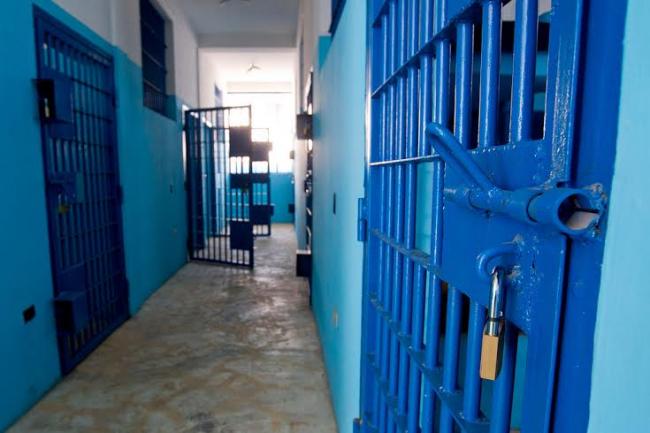22 Jul 2015, 05:45 am Print

Making the call, UN Special Rapporteur on torture Juan E. Méndez, and the Chairperson of the Working Group on Arbitrary Detention, Seong-Phil Hong, also cited President Obama’s speech on criminal justice reform to the National Association for the Advancement of Colored People (NAACP), in which he addressed unacceptably high rates of incarceration, the disparate impact of such policy on racial minorities, overcrowding and the extensive use of solitary confinement.
“I look forward to working with the US Department of Justice on the special study commissioned by the President on the need to regulate solitary confinement, which affects 80,000 inmates in the United States, in most cases for periods of months and years,” Méndez said in a press release issued by the Office of the UN High Commissioner for Human Rights (OHCHR).
“The practice of prolonged or indefinite solitary confinement inflicts pain and suffering of a psychological nature, which is strictly prohibited by the Convention against Torture,” he continued.
The UN Working Group on Arbitrary Detention has asked the US Government for an opportunity to visit federal and state institutions where persons are deprived of their liberty.
Hong underscored, “a visit to the United States will be an excellent opportunity to discuss with authorities the Basic Principles and Guidelines on the right to anyone deprived of their liberty to bring proceedings before a court, and to promote its use by the civil society.”
The expert noted that the freshly drafted Principles and Guidelines, which will be considered by the UN Human Rights Council in September, “will help to establish effective mechanisms to ensure Judicial oversight over all situations of deprivation of liberty.”
“We hope the President’s recent actions will ensure concrete steps are taken to facilitate these visits to US detention facilities, including private interviews with detainees, take place as soon as possible,” the experts stated.
The two UN human rights experts recalled that in March 2015 in Cape Town, South Africa, the review process of the UN Standard Minimum Rules for the Treatment of Prisoners produced a document called the Mandela Rules, expected to be approved by late 2015, to strengthen procedural safeguards and improve conditions of detention.
The proposed rules include the prohibition of indefinite or prolonged solitary confinement – determined as exceeding 15 days – as well as a complete ban on isolation for children, pregnant of breast-feeding women and any person with a mental disability.
Independent experts or special rapporteurs are appointed by the Geneva-based Human Rights Council to examine and report back on a country situation or a specific human rights theme. The positions are honorary and the experts are not UN staff, nor are they paid for their work.
Photo: UN/MINUSTAH/Logan Abassi
- Viral Irish food bank photo sparks shocking racist attacks on Indians
- Caught on camera: Two foreigners assaulted in Israel in an alleged racial attack
- Pakistan: Parents heartbroken after court sides with man accused of kidnapping minor Christian girl
- Pakistan: Trafficked 35 years ago, Bangladesh-born woman approaches court against FIA for offloading her from flight!
- Hindu tea worker found bound and bloodied in Bangladesh garden during general elections; investigation underway





-1763561110.jpg)
